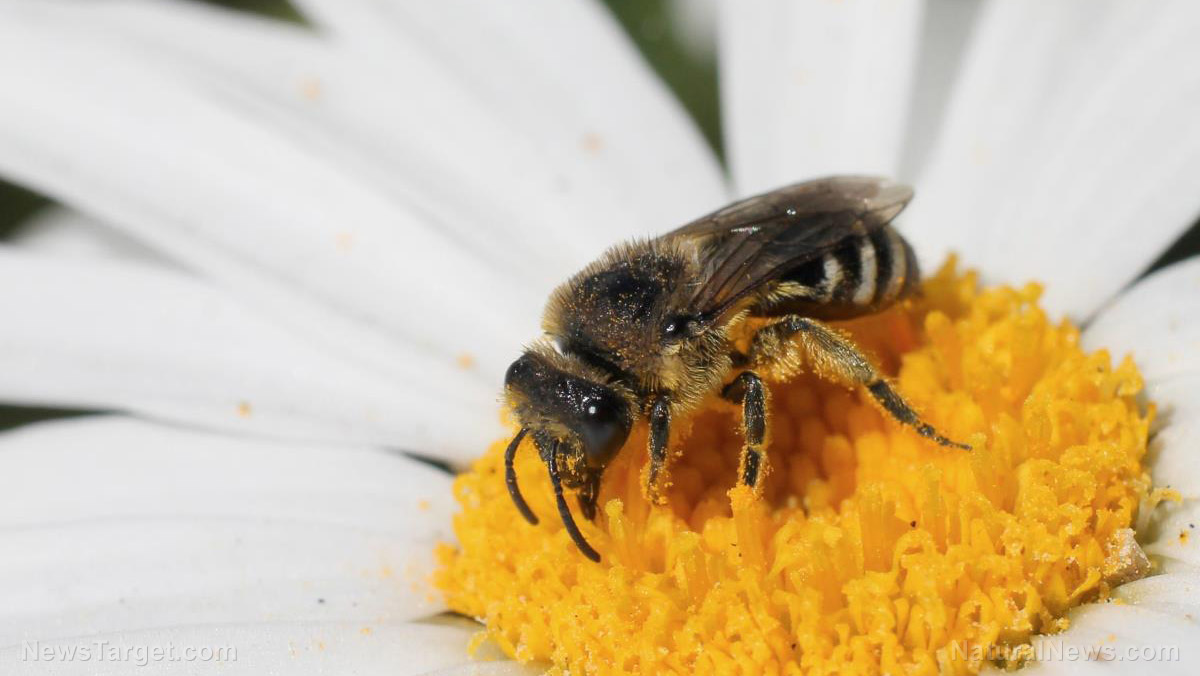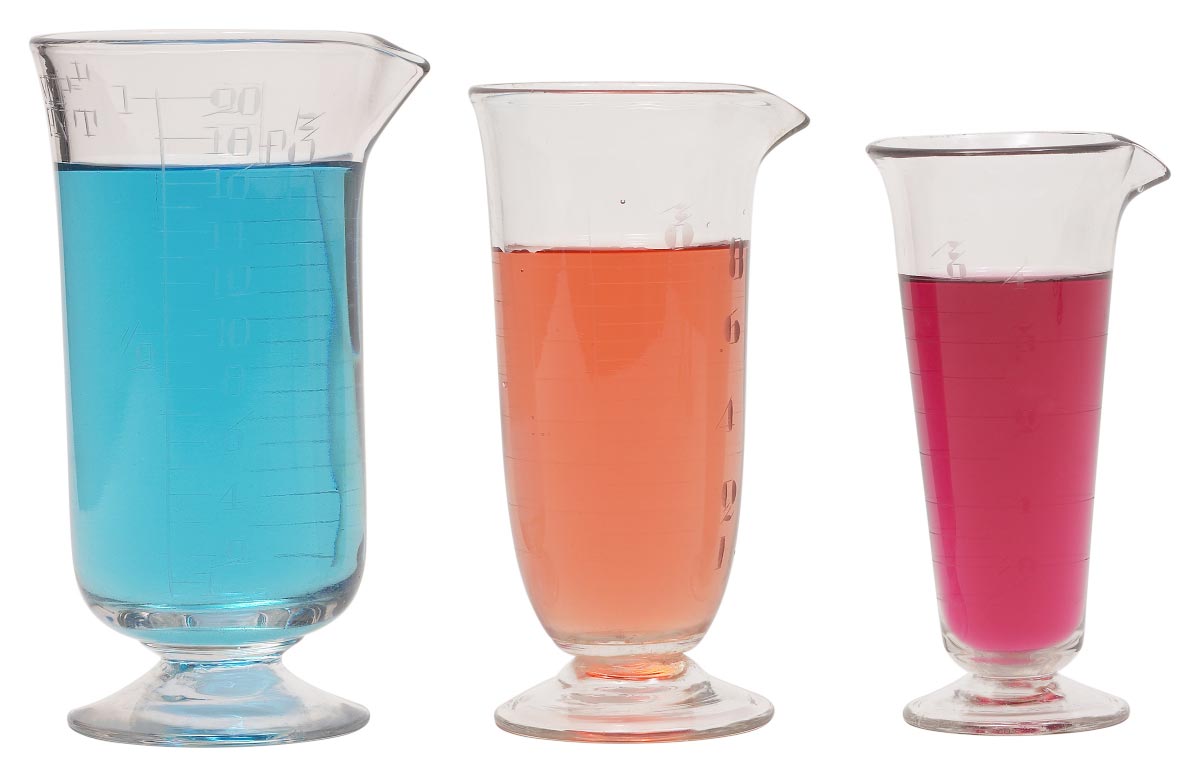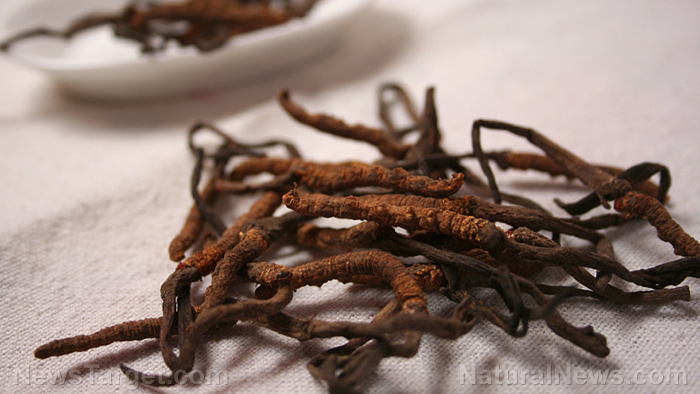Politicians join with conservation groups in calling on the EPA to ban bee-killing pesticides until a full scientific review is conducted
03/04/2018 / By Edsel Cook

State politicians and conservation groups urged the United States Environmental Protection Agency (EPA) to hold off approval of bee-killing neonics in order to conduct a full scientific review of the pesticides involved, reported an EcoWatch article.
Congressmen Earl Blumenauer and Jim McGovern recently reintroduced the Saving America’s Pollinators Act, a bill that blocks new neonicotinoid insecticides while the EPA is investigating the full extent of their effects on bees, humans, other animals, and the environment.
Various conservation groups and environmental organizations have also presented a huge collection of public comments to the EPA. More than 100,000 individuals are pressing the agency to reduce the widespread use of neonicotinoid pesticides.
Neonics have been cited by numerous studies as a major driving factor in the decline of pollinator populations. The insecticides also threaten birds and aquatic invertebrates, according to research by EPA-employed scientists. (Related: EPA, Monsanto face lawsuit over pesticide drift that damaged millions of acres and threatened endangered species.)
Numerous studies say neonics are deadly
The EPA is currently investigating the preliminary ecological and human health risks posed by the neonicotinoids clothianidin, thiamethoxam, and dinotefuran. It is also performing a preliminary ecological risk assessment for the widely-used imidacloprid.
According to the agency’s initial risk assessments, neonics turned out to be lethal to birds that consumed grass, seeds, and dead insects contaminated by the insecticides.
“EPA’s recent assessment confirms what the science has already shown,” remarked Nichelle Harriott of the environmental group Beyond Pesticides. “[That] neonicotinoids are highly toxic not just to bees, but to aquatic species and birds [also]. She stressed the importance of the EPA taking actions against those chemicals to protect U.S. waterways and pollinators.
“Our nation’s beekeepers continue to suffer unacceptable mortality of 40 percent annually and higher,” said Andrew Kimbrell of the Center for Food Safety.
According to him, neonicotinoid contamination of numerous water sources endanger both wild pollinators and wetland birds. Kimbrell urged the EPA to accept the findings of numerous scientific literature and take appropriate actions to reduce the negative effects of these insecticides.
Research efforts showed that even small amounts of neonics can deprive migrating songbirds of their sense of direction when they need it most. And a United States Geological Survey study determined that the pesticide level in the Great Lakes are endangering important aquatic insects.
“By harming pollinators like bees and butterflies, and natural pest control agents like birds and beneficial insects, neonicotinoids are sabotaging the very organisms on which farmers depend,” said Cynthia Palmer of the American Bird Conservancy.
Neonics have already contaminated U.S. food supplies. A joint study by the American Bird Conservancy and the Harvard T.H. Chan School of Public Health discovered neonicotinoids in food samples taken from dining halls in the U.S. Capitol building.
As many as five different neonics were found in meals that congressmen, senators, and their staff eat every day.
EPA dragging feet on neonics crisis
Neonicotinoids are banned in Europe, while the Pest Management Regulatory Agency of Canada urges a similar ban on imidacloprid, the most widely-used neonic formula.
“The only thing that is keeping the U.S. from joining other nations in banning the use of these devastating poisons is the immense profit that fuels PR campaigns, intense lobbying efforts, and questionable studies designed to mislead us on the harm these poisons do,” accused Dr. Luke Goembel of the Central Maryland Beekeepers Association.
So far, the EPA has refused to take decisive action on the U.S. pollinator crisis, prompting Representatives Blumenauer and McGovern to revive the Saving America’s Pollinators Act as a potential legal remedy.
Keep track of the fight against bee-killing neonics on Bees.News.
Sources include:
Tagged Under: bee population, bee population dangers, conservation, Ecology, environ, EPA, insecticides, neonicotinoids, neonics, poison, toxins




















